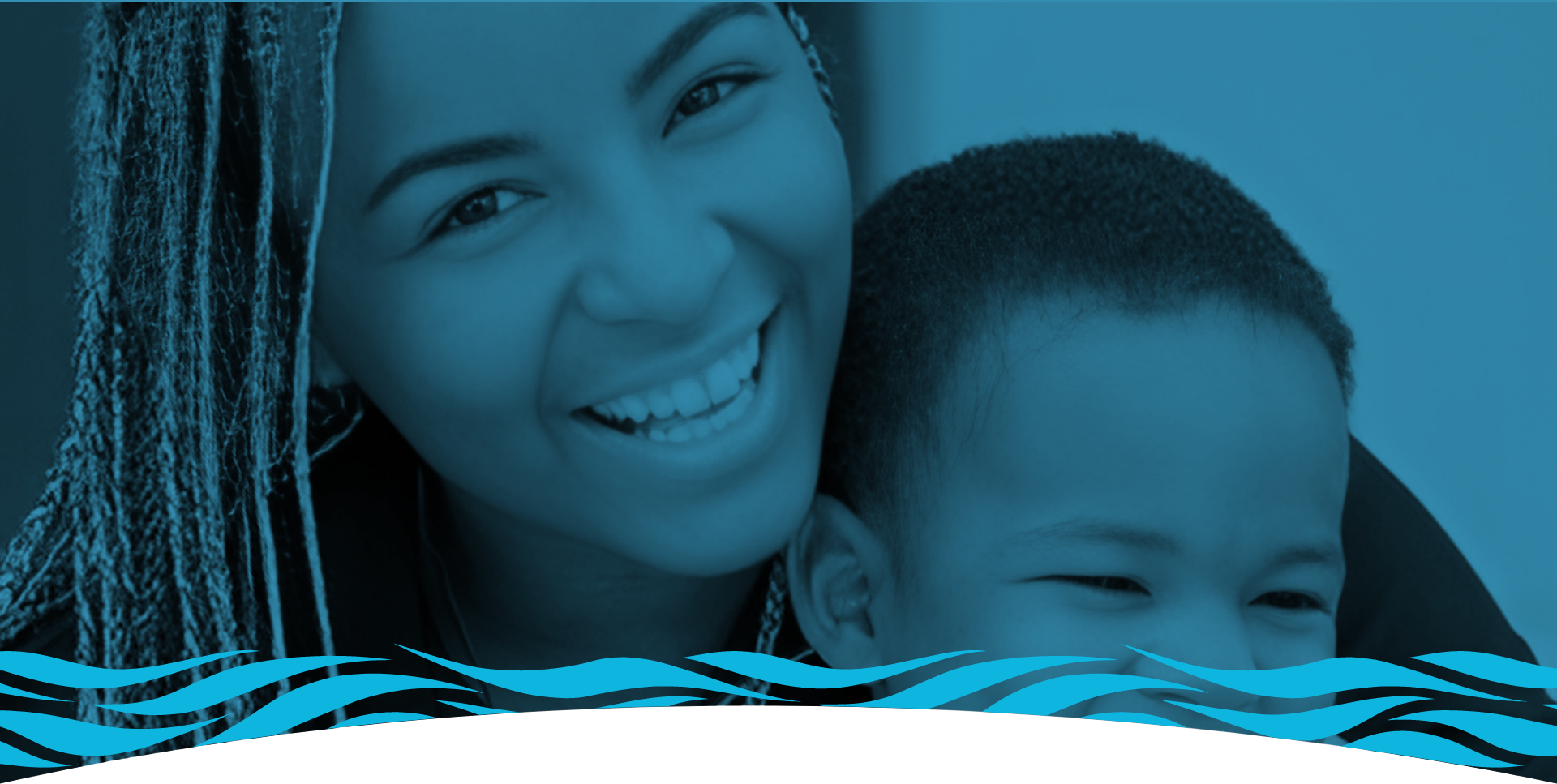This is the first journal entry that 17-year-old Imani shared with her therapist: “My mom was on drugs so bad that she couldn’t take care of me, so I lived in different places. Sometimes I lived with relatives, sometimes I lived at a friend’s house…”
Imani shared that “the hardest thing about living with other people is that you aren’t their problem, but you’re there, so they have to deal with you. You never really feel like you belong anywhere. You’re just in everybody’s way all the time. They don’t want you; they’re just stuck with you. I felt like I had to apologize just for breathing. My mom always came back after a few weeks, though…”
Until one day, she didn’t come back. “I waited so long, and I couldn’t do it anymore. My hurt turned to rage.” She recalls running away and engaging in illegal activities, all while fighting to survive in a world that she felt started a war with her first.
Imani was brought to Children’s Harbor at the age of 15, when she was five months pregnant. “I’ve never been so scared in my life.” Determined to make it on her own, Imani fought her way through her first few months at the Harbor.
“It’s not like they didn’t try to help. I couldn’t feel anything but mad. I felt like I was on fire. When someone would try to help me, that made me even MORE mad. I didn’t even know why I was mad. I was just mad. It took over everything, even when I didn’t want it to. I couldn’t control it, and everything I touched and everyone I talked to ended up being burned, too.”
Imani’s anger continued to worsen. She stayed in her room, planning her next escape and refusing to participate in group activities or therapy. She lashed out at the other girls in the home and her houseparent, Ms. B.
“I kept waiting for them to give me notice and send me somewhere else, but they never did. Ms. B kept saying, ‘That’s OK. You’re not here to meet my needs, but I’m going to do everything I can to meet yours. Let me know when you are ready to talk.’
No matter what I did, they wouldn’t change my placement, and I was like, ‘What the heck is wrong with these people?!?!?”
Weeks turned into months, and Imani slowly started to engage.
“Ms. B kept saying, ‘Imani. You are so much more than you are allowing yourself to be.’”
Angry grunts became full sentences and eventually reciprocated conversations.
“No matter what I did, they never gave up. This place is my home now, and I feel loved here.”
She participates in individual and group therapy and has learned that journaling comes naturally to her as a form of self-expression. She gave birth to a beautiful baby boy (with Ms. B right there beside her, holding her hand) and is writing out her story “so that Amir will know where he came from and what he will never have to overcome.”

